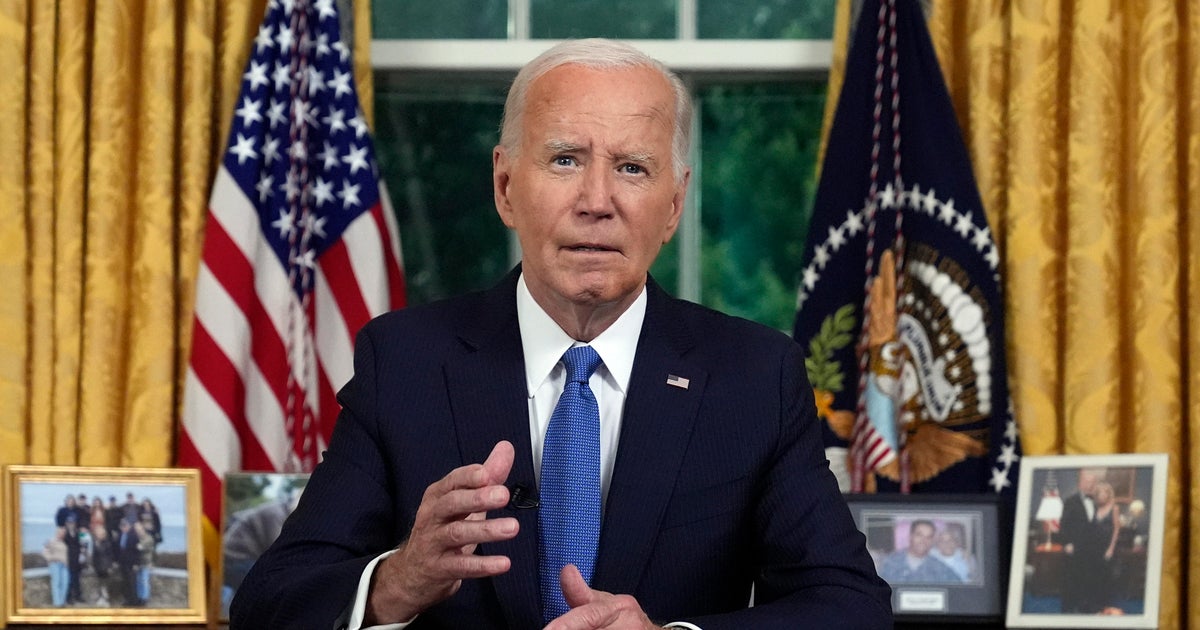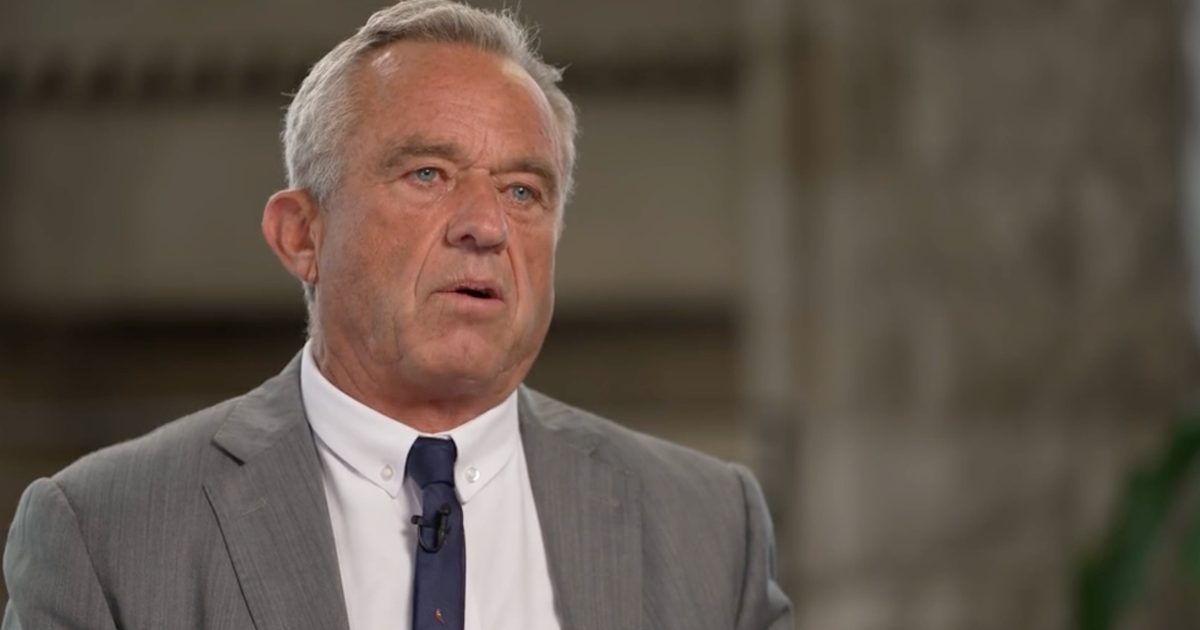Big majorities reject book bans - CBS News poll
Americans overwhelmingly reject the idea of banning books about history or race. One reason for that: a big majority also say teaching about the history of race in America makes students understand what others went through.
Large majorities — more than 8 in 10 — don't think books should be banned from schools for discussing race and criticizing U.S. history, for depicting slavery in the past or more broadly for political ideas they disagree with.
We see wide agreement across party lines, and between White and Black Americans on this. Parents feel the same as the wider public.
Four in 10 believe teaching about race in America makes people more racially tolerant today, too, well outpacing the few who think it does the opposite. But not everyone sees a direct link between understanding and racial tolerance today, as less than half of those who think it promotes understanding feel it also translates into tolerance now.
And Americans are okay with the broader notion of public schools teaching about ideas and historical events that might make some students uncomfortable. By contrast, the idea that teaching about race makes students feel guilty about past generations or makes them less racially tolerant today gets little traction with most Americans.
Another reason, perhaps, behind these large majorities is that Americans do overwhelmingly believe racism has been a problem in U.S. history.
Big majorities also believe racism continues to be a problem today.
To the extent that this view is voiced by a smaller majority than the one that says racism was a problem in history, we find some who see it having moved from a major problem in the past to a lesser one now. They also believe the U.S. has made progress in dealing with racism. And they also believe teaching about it promotes understanding.
We do, however, start to see differences by race and party over how much history about Black Americans should be taught in schools now. Black Americans overwhelmingly think too little is taught. Political party divides White Americans, with most White Democrats agreeing that it's too little and White Republicans more likely to say it's the right amount.
And when specifically asked about Critical Race Theory, here's where we see very partisan splits, particularly among those who've heard about it, and those who have not.
Only one-third of Americans have heard a lot about it. These numbers are much higher among self-described conservatives, and among Republicans, likely reflecting the emphasis on it from their party members and candidates.
Similarly, among those who have heard about it, there are overwhelmingly negative views from Republicans and conservatives.
Jennifer De Pinto and Kabir Khanna contributed to this report.
This story is part of a series from the CBS News poll looking at Black Americans' views on a range of important issues as part of Black History Month.
This CBS News/YouGov survey was conducted with a nationally representative sample of 2,494 U.S. adult residents interviewed between February 15-18, 2022. Respondents were selected to be representative of adults nationwide with an oversample of African-American respondents included, and the final sample as reported was weighted to be representative of adults nationwide according to gender, age, race, and education based on the U.S. Census American Community Survey and Current Population Survey, as well as to 2020 presidential vote. The margin of error for the total sample is ±2.3 points. The margin of error for the sample of African Americans is ±5.0 points.















